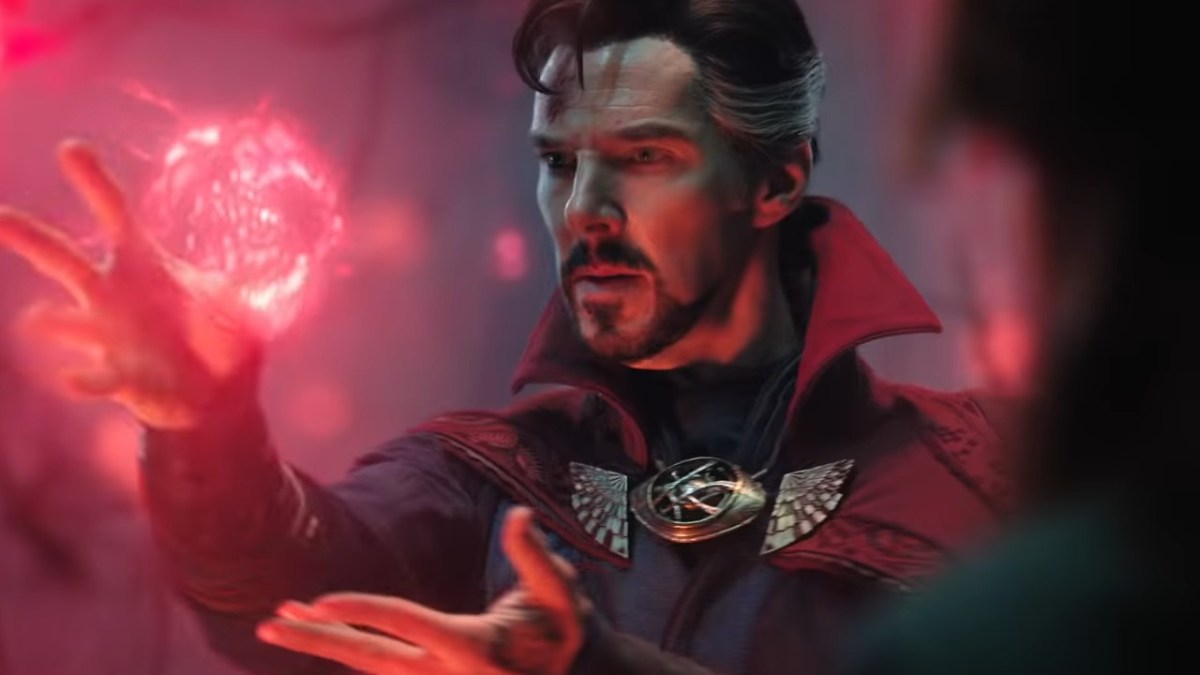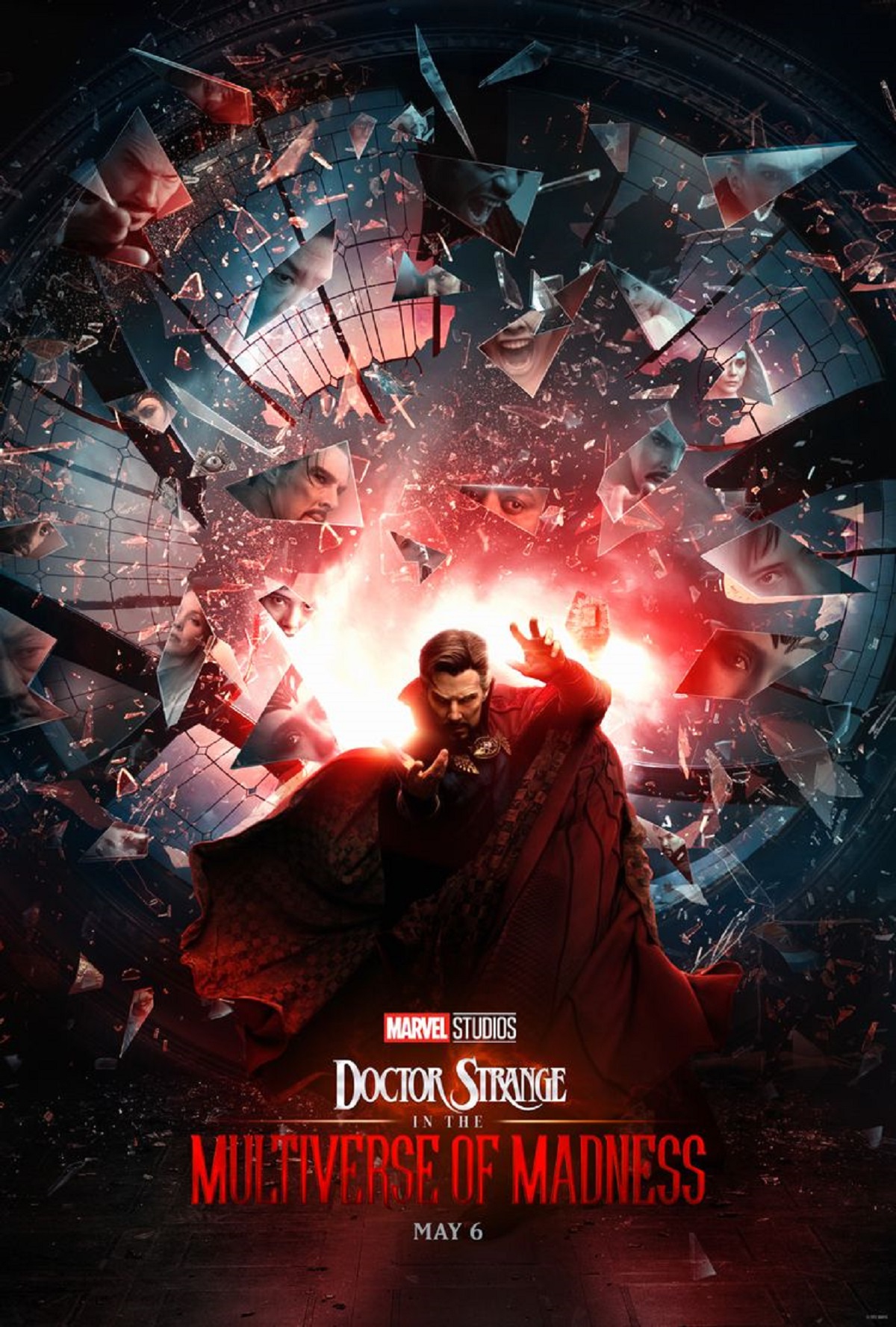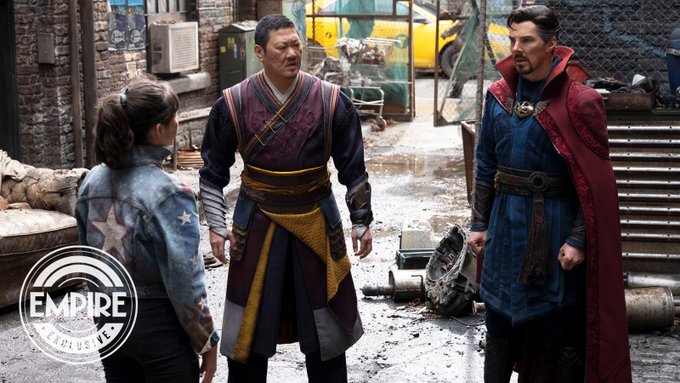Throughout 2021, fans were desperate to find out whether Tobey Maguire and Andrew Garfield would jump universes and appear in Spider-Man: No Way Home. On opening night, cheers rang out through multiplexes around the world as those dreams came true, with the cherry on top being Tom Hardy’s Venom making a brief trip from Sony’s own universe in a mid-credits teaser.
The Super Bowl trailer for Doctor Strange in the Multiverse of Madness indicates this trend is here to stay. Sunday’s unveiling showed Patrick Stewart’s Professor X returning and ignited plausible rumors of many other Marvel heroes returning.
All of these unexpected comebacks have been warmly received — and I can’t deny I haven’t enjoyed them — but let’s face it. Marvel Studios is prioritizing short-term nostalgia over coherent storytelling, and it’s going to come back to bite them in the ass.
One of the reasons behind the MCU’s world-conquering success has been that’s it’s relatively easy to follow. Sure, it’s a decade-long story with a lot of characters, but the broad strokes of the events in Avengers: Infinity War and Endgame make sense without having seen every preceding movie. So far, the MCU’s narrative coherence is down to strong editorial control, but lately, things seem to have gone awry.
In 2021, for example, the multiverse was introduced in several potentially conflicting ways. WandaVision brought hints that Scarlet Witch was tapping into alternate dimensions via the Fox version of Quicksilver. A few months later, in Loki, we saw the multiverse established again in the TVA, along with the destruction of the sacred timeline.
Soon after, What If…? showed a wholly different Watcher’s-eye view of the MCU that didn’t include the TVA at all. Then, in Spider-Man: No Way Home, Doctor Strange’s spell appeared to tap into another version of it, ending with the walls between universes fading as an army of outside visitors tries to break through. It’s even more uncertain how it’s going to be approached in Doctor Strange and the Multiverse of Madness — which may yet introduce another group of interdimensional overseers with the Illuminati.
Trying to figure out how all this fits together is a headache, and has left the MCU a rat’s nest of plot threads with no obvious endpoint. This is hazardous, for while crowd-pleasing moves like bringing back Maguire, Garfield, and Stewart are fun one-offs, repeating the same trick with less popular characters inevitably means diminishing returns.
It’s not as if Marvel Studios aren’t aware of these pitfalls. In an interview with Collider, Kevin Feige directly addressed the potential problems of the multiverse, calling it “one of the most powerful storytelling tools in the comics”, but “one you have to wield carefully because it can get overwhelming.”
Tom Holland seems to agree, telling Entertainment Weekly, “When you’re dealing with magic spells and dimensions, it gets really complicated.”
Perhaps the MCU will move past its multiversal storyline when Phase 5 arrives, and we can begin getting hyped for more straightforward stories featuring the Fantastic Four, X-Men, and world-threatening villains like Galactus. But with the multiversal genie out of the bottle, it’ll be hard to stuff it back in. After all, when you can bring back variants or alternative versions of any character that dies or escape to parallel worlds, what are the stakes?
See Marvel Movies on Apple TV+, Prime Video, Hulu
There’s a good chance that we’ll one day look back at Infinity War and Endgame as the peak of the MCU, with its navel-gazing multiverse storyline going down as the moment they ran out of ideas and began strip-mining the past.
This article includes affiliate links, which may provide small compensation to We Got This Covered.



